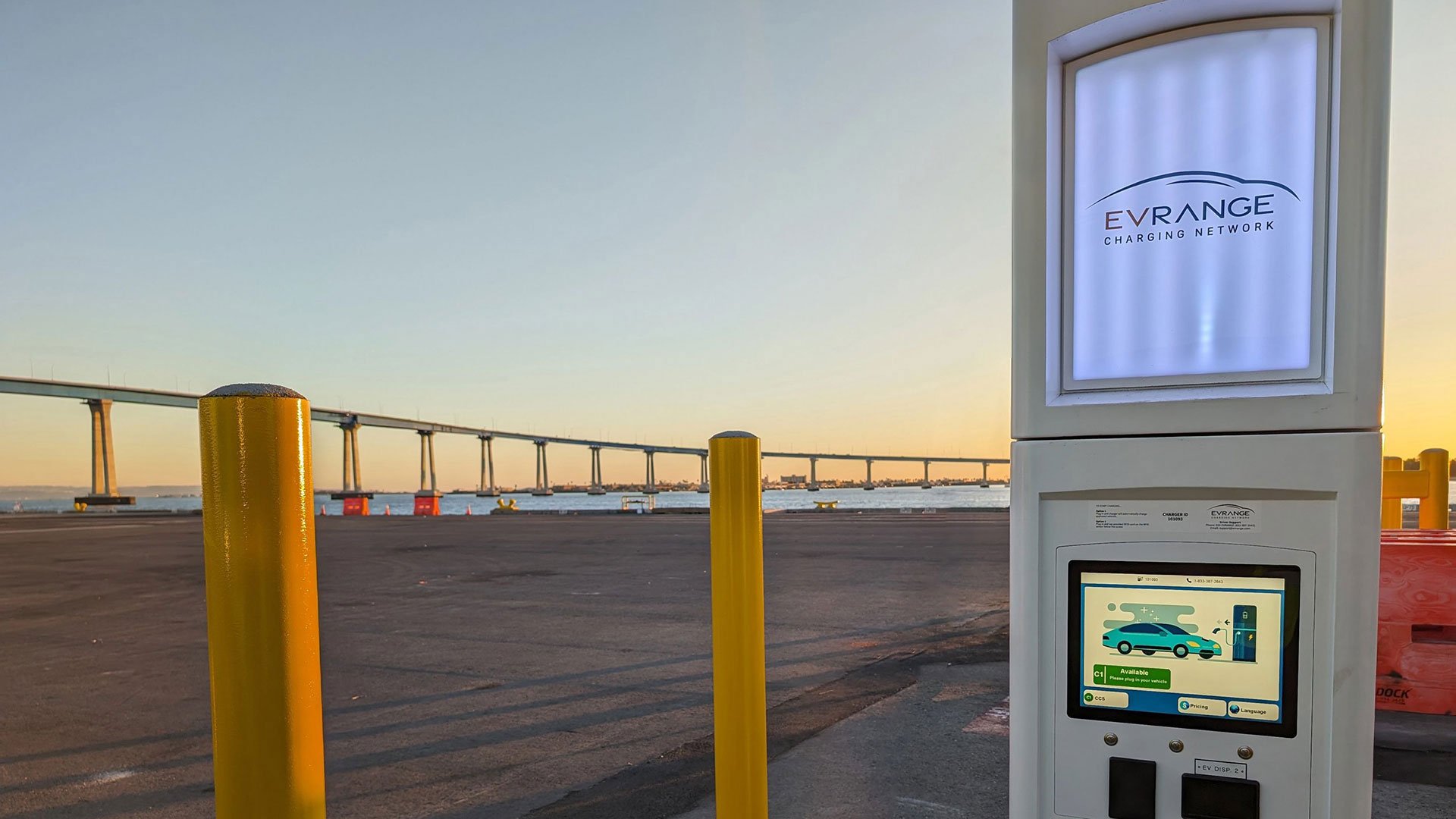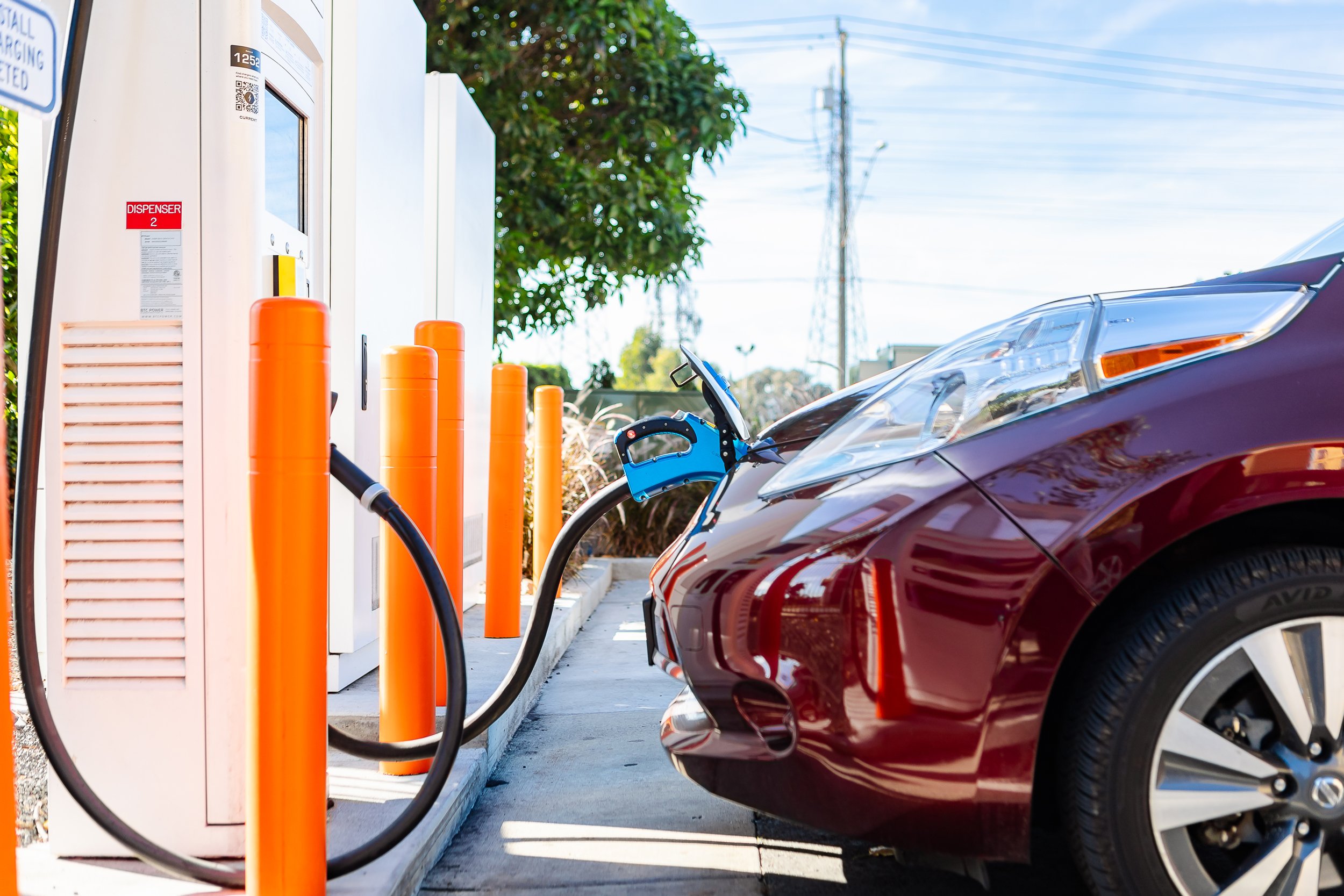
Invest in the Future of EV Charging:
Scalable, Smart, and Profitable.
Invest in the Future of Mobility
The transition to electric vehicles isn’t slowing down—EV charging is a high-growth, high-return investment opportunity with increasing demand and utilization.
Strong Revenue Potential – EV charging networks generate reliable, scalable income as utilization rises.
Maximize ROI with Incentives – Federal and state grants, tax credits, and incentives are available now to significantly reduce upfront costs.
Proven Execution & Expertise – Our in-house team has deployed hundreds DC fast chargers, leading successful projects from design to operation.
Ready-to-Go Development Pipeline – We have dozens of shovel-ready sites positioned in high-traffic, high-demand locations—fully vetted for investment.
EV Range is building the backbone of tomorrow’s transportation. Invest today and power the future.
THE §30C ALTERNATIVE FUEL REFUELING PROPERTY CREDIT: MAXIMIZING INFRASTRUCTURE ROI
The Alternative Fuel Vehicle Refueling Property Credit—commonly referred to as the §30C Tax Credit—is a pivotal federal incentive designed to reduce capital expenditures and enhance the profitability of qualified EV charging infrastructure. This program enables businesses and investors to recover a substantial portion of installation costs, positioning EV charging as a compelling and scalable investment.
With demand for reliable, high-powered EV charging continuing to surge, now is an opportune time to capitalize on high-ROI infrastructure projects. By leveraging the §30C tax credit alongside thoughtful site development, you can accelerate the growth and profitability of your EV charging network.
How the §30C Tax Credit Works (For Businesses and Commercial Assets)
30% Credit on Qualified EV Charging Property:
Businesses are eligible to claim a credit equal to 30% of the cost of qualified EV charging equipment and installation labor when prevailing wage and apprenticeship (PWA) requirements are met. If PWA requirements are not met, the base credit is 6%.Maximum Credit Per Single Item:
The credit is capped at $100,000 per single item of property. A single item of property is defined as each individual charging port, fuel dispenser, or associated energy storage unit—making large-scale installations, such as fleet depots and charging hubs, potentially more attractive.Critical Location Requirement:
Property must be placed in service in an eligible census tract as defined by the IRS, including either a low-income community or a non-urban area.Expires June 30, 2026:
Due to current federal legislation, the §30C credit is available for property placed in service through June 30, 2026, offering a near-term window for funding multi-site expansion plans.Stackable State & Local Incentives:
The federal §30C credit can often be combined with additional state and local incentives for EV infrastructure. EV Range’s team has the expertise to navigate these opportunities and help you maximize returns while accelerating asset deployment.
Scalable, High-Return EV Charging Opportunities
In-House Turnkey Project Delivery
EV Range handles site acquisition, engineering, development, and deployment—all in-house. Our turnkey approach, combined with our software platform and field services, streamlines the path to profitable site ownership.
Ready-to-Build EV Charging Hubs
We offer a portfolio of fully permitted, shovel-ready sites for rapid deployment. Invest with confidence and leverage EV Range’s platform and support services for seamless operation.
Proven Financial Performance
Backed by years of operational data, we provide accurate ROI modeling for investors. Contact us to review financial projections or invest in a high-performing project already in development.










